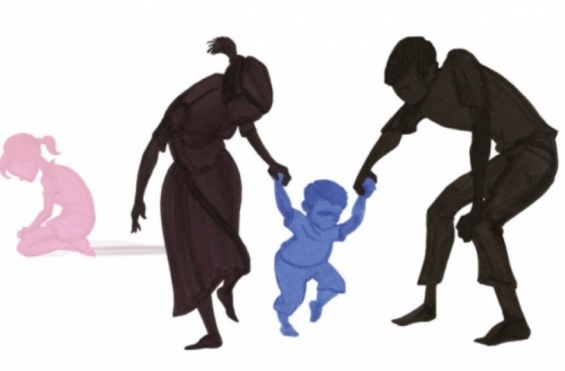World’s largest democracy is in India : General Elections – Feel proud to be a part – We can be a part of this by being a voter
India is the seventh largest by area and the second most populous country in the world, with roughly one-sixth of its population, of about a billion and a quarter. It is the world’s largest democracy. It is one of the world’s oldest civilizations yet, a very young nation. Elections to its Parliament are held once every 5 years. Currently, Prime minister Dr. Manmohan Singh is the head of the government, enjoying a majority in the Parliament, while President Pranab Mukherjee, is the head of state.
India is a constitutional republic governed under the world’s longest written constitution, federally consisting of 28 states and seven centrally administered union territories, with New Delhi as the nation’s capital. The country has six main national parties: the Indian National Congress (INC), Bhartiya Janta Party (BJP), Communist Party of India (CPI) and the Communist Party of India (Marxist) (CPI(M)), Bahujan Samaj Party (BSP) and the Nationalist Congress Party (NCP). The Indian National Congress has governed the country for 3/4th’s of the time since independence from Britain in 1947, under the de facto one party system and now, under the Dominant-party system. At the level of its states, many regional parties stand for elections to state legislatures, every five years. In Rajya Sabha elections will be held for every 6 years.
India is very densely populated. Some advocate splitting some twenty nine states and seven union territories. It is the 2nd most populated country of the world.
Hundreds of languages, multiple religions, and distinct castes and cultures proudly represent the nation, India.
With the passage of time, the nation’s political environment witnessed the rise of political parties that are backed up by particular religion or caste. Counting and listing down the achievements of the nation in the past seven decades post independence is not easy. We can surely recollect the incidences when representatives from distinct religions were bestowed upon with the task of governance. The Muslims who are considered to be in minority with respect to the overall population represented the post of President at three different times.
There have been many hurdles in the development of the nation especially when terrorism shattered the root of mankind on one hand and on the other the religious leaders created gaps. The economy of India has been lifting 40 million residents out of poverty every year and promises to deliver middle class standards to majority of the population by the year 2025.
Above all is the fact that more than 1/10th of humanity herein is ready to vote, which will be an inspiration to most developed countries. More than 700 million votes are ready to direct the upcoming governance of the nation. The pace of growth has surely been lessened by various factors and the upcoming general elections would definitely witness the agony of the residents towards the factors – corruption, lack of infrastructural facilities, criminalization of politics, biased policies of the Government, lack of accountability, and lack of women empowerment.
The political party, which is likely to be given the responsibility of forming the Government at the Centre, must be vigilant to ensure uniform prosperity of all. The nation has viewed thriving implementation of measures that have helped reviving the economy. Let us believe that the upcoming years would bring in the much-awaited and stricter reforms. Let us also remember that we can be a part of this by being a voter and not as a petitioner.




